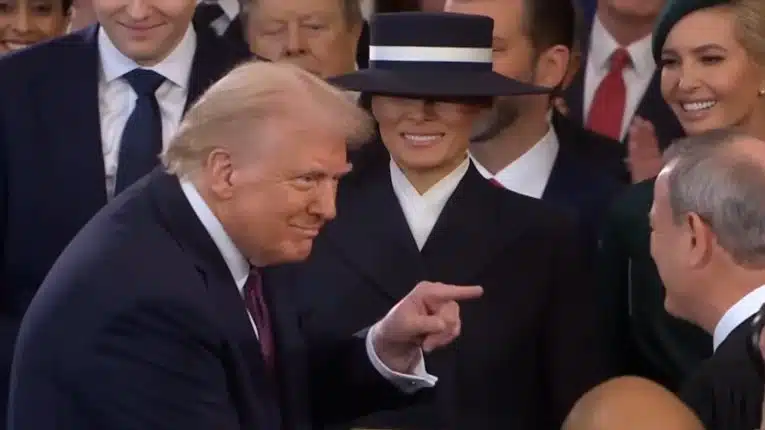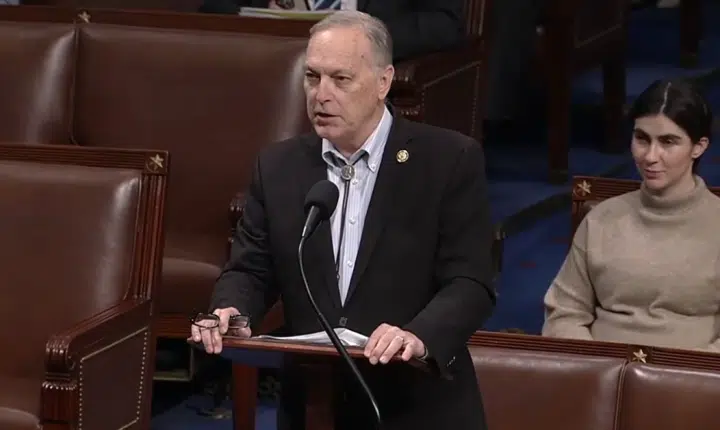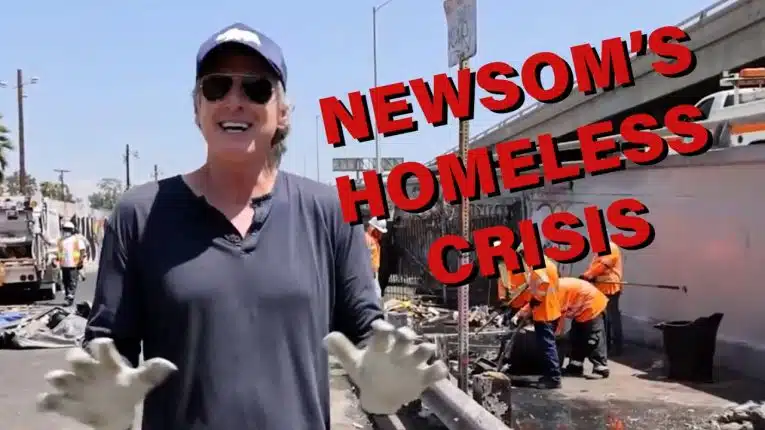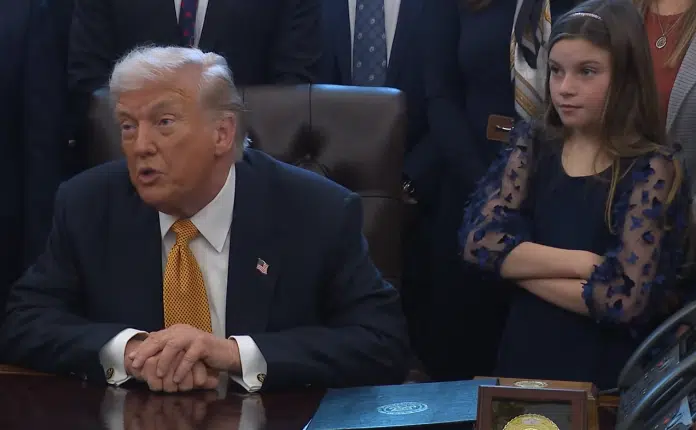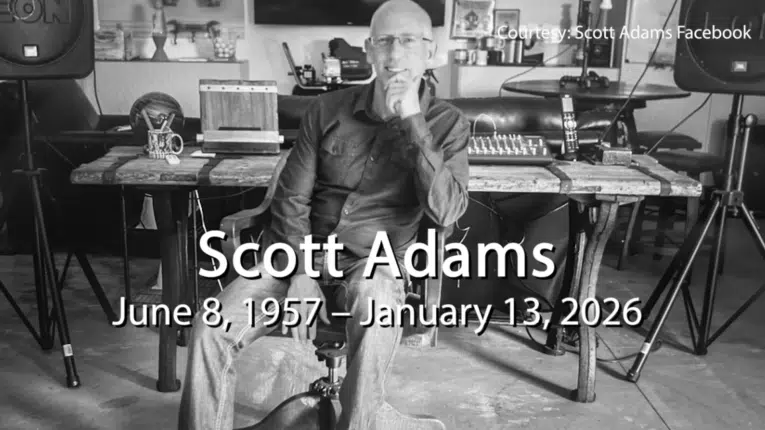“It doesn’t really matter what I think.”
That was the response of Commerce Department Assistant Secretary for Communications and Information Larry Strickling to a question by Rep. John Shimkus (R-Ill.) about whether he opposed there being a Government Accountability Office (GAO) review on the Department’s turnover of Internet Assigned Numbers Authority (IANA) functions when its current contract with the Internet Corporation of Assigned Names and Numbers (ICANN) expires in September 2015.
“Is the NTIA opposed to the Government Accountability Office providing to Congress prior to a transition of IANA functions — are you opposed to a Government Accountability Office review?” Shimkus asked.
Shimkus has proposed legislation that would require a GAO report be furnished prior to the transition occurring. And all he wanted to know was whether the Commerce Department opposed having the agency take a look before it pulls the trigger on a final decision.
Since Strickling would in part be overseeing the approval of that decision — which the Department has already stated it believes requires no congressional authorization — what he thinks about GAO or Congress having a say about the transition really does matter.
After all, what if the GAO, or Congress for that matter, found that the transition might endanger national security? Or would remove the current First Amendment protections offered by federal government oversight?
Wouldn’t Stricking want to know about those concerns prior to handing the keys to the Internet over to a private foundation or some as of yet unnamed international body?
Yet, Strickling did not seem to want to answer. “I’m in favor of full discussion of these issues,” offered very generally in order to avoid having to express support for GAO review.
Strickling might as well have shrugged while he was at it. Shimkus asked again, and Strickling finally replied, “I neither support nor oppose it.”
Well, why doesn’t he support a GAO review?
That appears quite remarkable, particularly since Strickling appeared at an ICANN conference in Singapore just last week clearly supporting international review of and engagement on this very issue.
“It’s important for the community to act with a real sense of purpose — engaged with this process and absolutely dedicated to arriving at a consensus outcome in a responsible, realistic and hopefully creative way. We can’t let extraneous issues get in the way,” Strickling said to conference participants.
Strickling also dismissed concerns that shifting IANA oversight away from the Commerce Department might result in censorship. “I’m extremely puzzled and troubled by the idea that’s emerged that somehow this evolution is going to threaten free expression on the Internet,” he said in Singapore.
Well, if he’s really puzzled about the possibility censorship overseas — of which there is a long history — perhaps Congress and the GAO really do need to look at this issue.
The rest of the world is having their say. The Commerce Department also supports the upcoming April 23 meeting in Sao Paulo, “The Global Multistakeholder Meeting on the Future of Internet Governance,” that will convene to craft “Internet governance principles and propos[e] a roadmap for the further evolution of the Internet governance ecosystem.”
Four committees will be convened at the meeting, including the critical High-Level Multistakeholder Committee that “will be responsible for overseeing the overall strategy of the meeting and fostering the involvement of the international community.”
Of the 27 representatives, only three will be represented by the private sector. 13 will be governments. 2 will be the United Nations, including Hamadoun Touré, Secretary General of the International Telecommunication Union (ITU). The rest will be private Internet foundations, academia, and civil society, whoever they represent.
So, Strickling supports the international, “multistakeholder” community, which are not bound by the First Amendment, at every turn being engaged in this process but not Congress and the GAO, which are?
Sorry, what Strickling thinks really does matter. He’s one of the officials who’s going to decide where the Internet ultimately winds up, and what binding protections for free speech there will be, if any.
Robert Romano is the senior editor of Americans for Limited Government.



